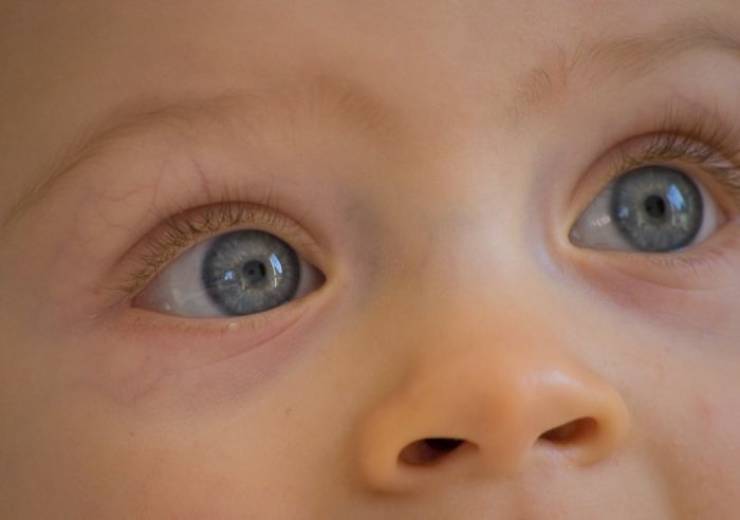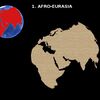Humans Have More Than The Commonly Cited Five Senses

The number of senses in various categorizations ranges from five to more than 20. In addition to sight, smell, taste, touch, and hearing, which were the senses identified by Aristotle, humans can sense balance and acceleration (equilibrioception), pain (nociception), body and limb position (proprioception or kinesthetic sense), and relative temperature (thermoception). Other senses sometimes identified are the sense of time, echolocation, itching, pressure, hunger, thirst, fullness of the stomach, need to urinate, need to defecate, and blood carbon dioxide (CO2) levels.
7.

Hybrid 6 year s ago
Female: The man Jesus did exist. It's in the historical record, as is Pilate, Herod, and other historical figures of the time. Don't let your hatred of religion cloud your intelligence. It's a bad look.
Gun: There is a direct correlation between the rises in stork populations and number of births in Germany. Therefore (according to your logic), storks bring babies.
Gun: There is a direct correlation between the rises in stork populations and number of births in Germany. Therefore (according to your logic), storks bring babies.








And regardless of the other commenter's religious beliefs, the bible doesn't mention an apple. You don't need to believe the stories to analyze them like any other fiction.
Gun: There is a direct correlation between the rises in stork populations and number of births in Germany. Therefore (according to your logic), storks bring babies.